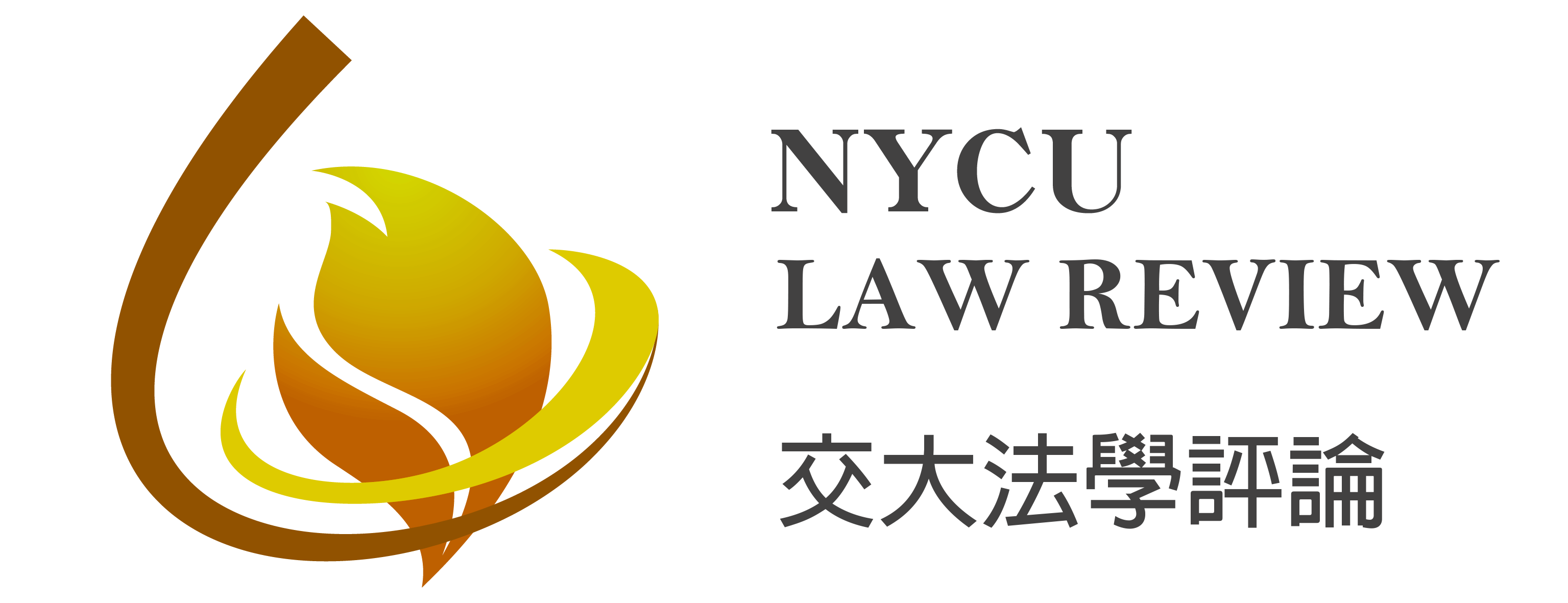Publication Ethics Statement
1. Author’s Responsibilities
The articles published on NCTU Law Review should contain a list of reference. It is the author’s responsibility to ensure that her work involves no plagiarism, and all data in her work are real and authentic. By submitting articles to TLR for review, the author gives her consent that she did not and will not publish the same research on other journals, and her article will be subject to double-blind peer review process. All authors listed in the article must have significant contribution to the work, and are obliged to provide corrections, clarifications, retractions or apologies on the most recent issue of TLR if any mistake were found in their work.
2. Responsibility of the Reviewers
The reviewer should treat the reviewed article confidentially. Any judgment she makes in the review process should be fair and objective, not influenced by anything other than reasonable academic considerations. The reviewer should not be the author’s colleague in the same graduate institute, department or law school, neither should she have any conflict of interest with respect to the research, the authors or the research funders of the reviewed article.
3. Responsibilities of the Editorial Board
The editorial board has the responsibility and authority to make final assessment of submitted articles, based on the evaluation of reviewers, and determine accepting or rejecting them. The board closely monitors the publication ethics to be observed, maintains the integrity of the review and publication process, and safeguards all types of commercial interest from compromising intellectual and ethical standards of TLR. Editors shall have no conflict of interest with respect to articles they reject or accept, and definitely preserve anonymity of reviewers. If serious plagiarism, fraudulent data or any significant ethical issue arises, the board preserves the right to require retraction of the published article, either partially or in its entirety.
